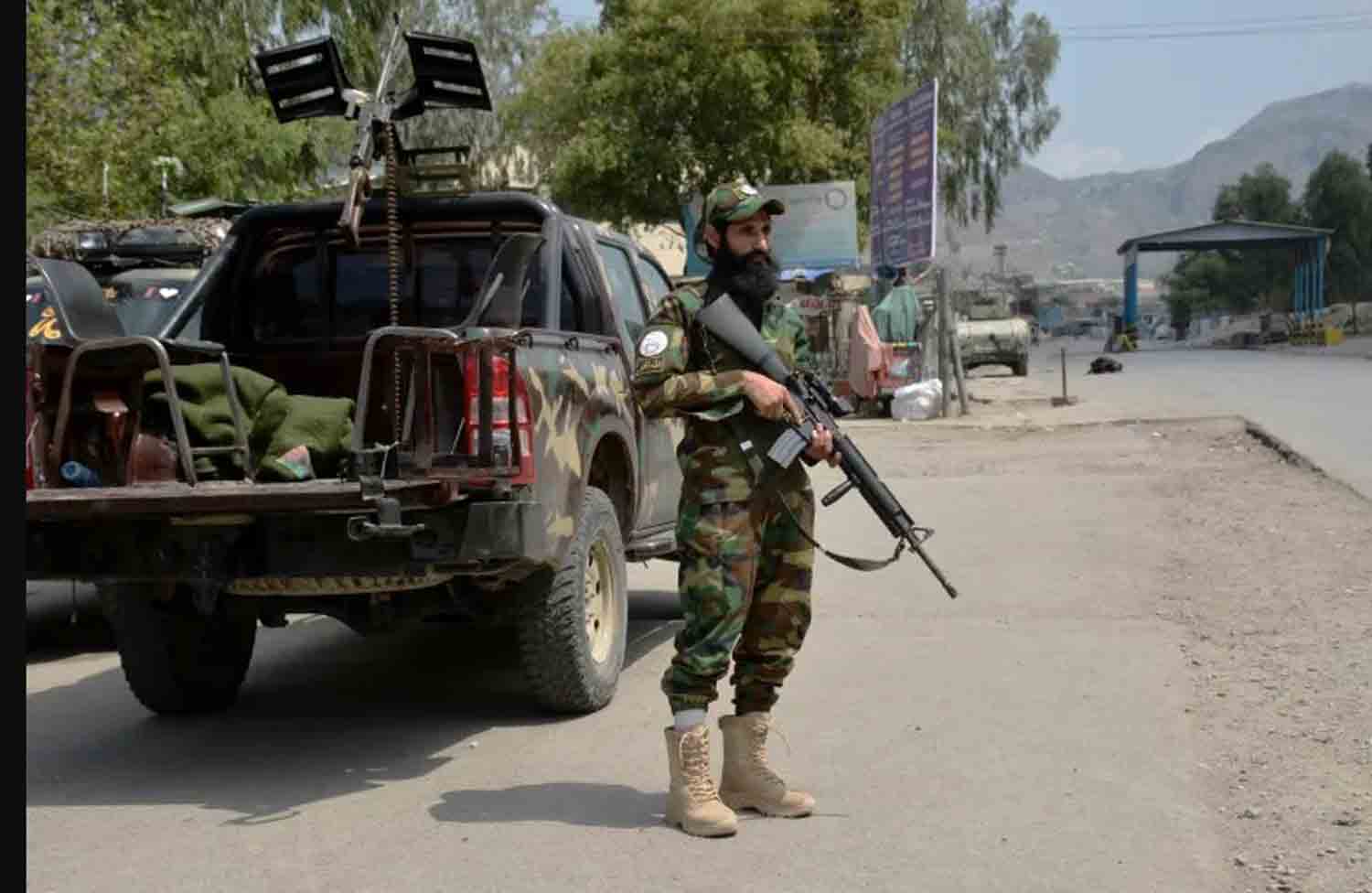The Tehreek-e-Taliban Pakistan (TTP), commonly referred to as the Pakistani Taliban, has intensified its assaults within Pakistan, receiving ongoing financial and logistical backing from Kabul, according to a recent United Nations (UN) report. This information was highlighted in the 35th report from the UN’s Analytical Support and Sanctions Monitoring Team, dated February 6, which was presented to the UN Security Council.
This expert panel, established by the UN Security Council to facilitate the enforcement of sanctions against individuals and groups associated with militant organizations, produces biannual reports that evaluate the threat landscape to inform global policy and security measures.
The report, which analyzed the period from July 1, 2024, to December 13, 2024, indicated that the “status and strength of TTP in Afghanistan had not changed.” Pakistani authorities have previously estimated that the TTP comprises approximately 10,000 fighters.
However, the report noted a significant escalation in the ambition and scale of TTP’s operations against Pakistan, with over 600 attacks recorded during the reporting period, including those launched from Afghan soil. It also stated that the Taliban continued to offer TTP logistical and operational support, as well as financial assistance, with one Member State reporting that the family of TTP leader Noor Wali Masoud received a monthly stipend of 3 million Afghanis (around $43,000).
The situation arises as Pakistan faces challenges in managing a rise in militancy within its western territories, following the collapse of a tenuous ceasefire between the TTP and the government in November 2022. In recent months, the TTP and various militant factions have increasingly targeted security force convoys and checkpoints, alongside carrying out targeted assassinations and abductions of law enforcement personnel and government officials. According to reports from the Pakistani military, last year saw the deaths of 383 soldiers and 925 militants in numerous confrontations.
While the TTP operates independently from the Afghan Taliban, Pakistani authorities perceive a connection between the two groups. The Pakistani government asserts that the Taliban’s takeover of Afghanistan in 2021 has strengthened the resolve of TTP fighters.
A UN report indicated, “There has been heightened cooperation among the TTP, the Afghan Taliban, and Al-Qaeda in the Indian Subcontinent, executing attacks under the name of Tehrik-e Jihad Pakistan.” It further noted that increased support among these groups, particularly in terms of providing suicide bombers, fighters, and ideological direction, could potentially elevate the TTP to an extra-regional threat and a central organization for other terrorist entities in the area.
Islamabad has consistently attributed the rise in militant activities to Afghanistan, accusing it of harboring and backing militant groups that conduct cross-border assaults. Afghan officials, however, refute these claims, maintaining that Pakistan’s security challenges are an internal issue.
Discover more from Defence Talks | Defense News Hub, Military Updates, Security Insights
Subscribe to get the latest posts sent to your email.





